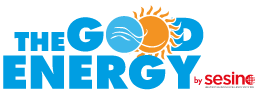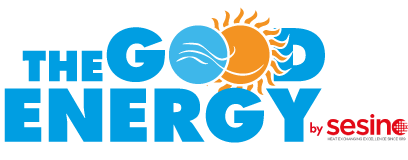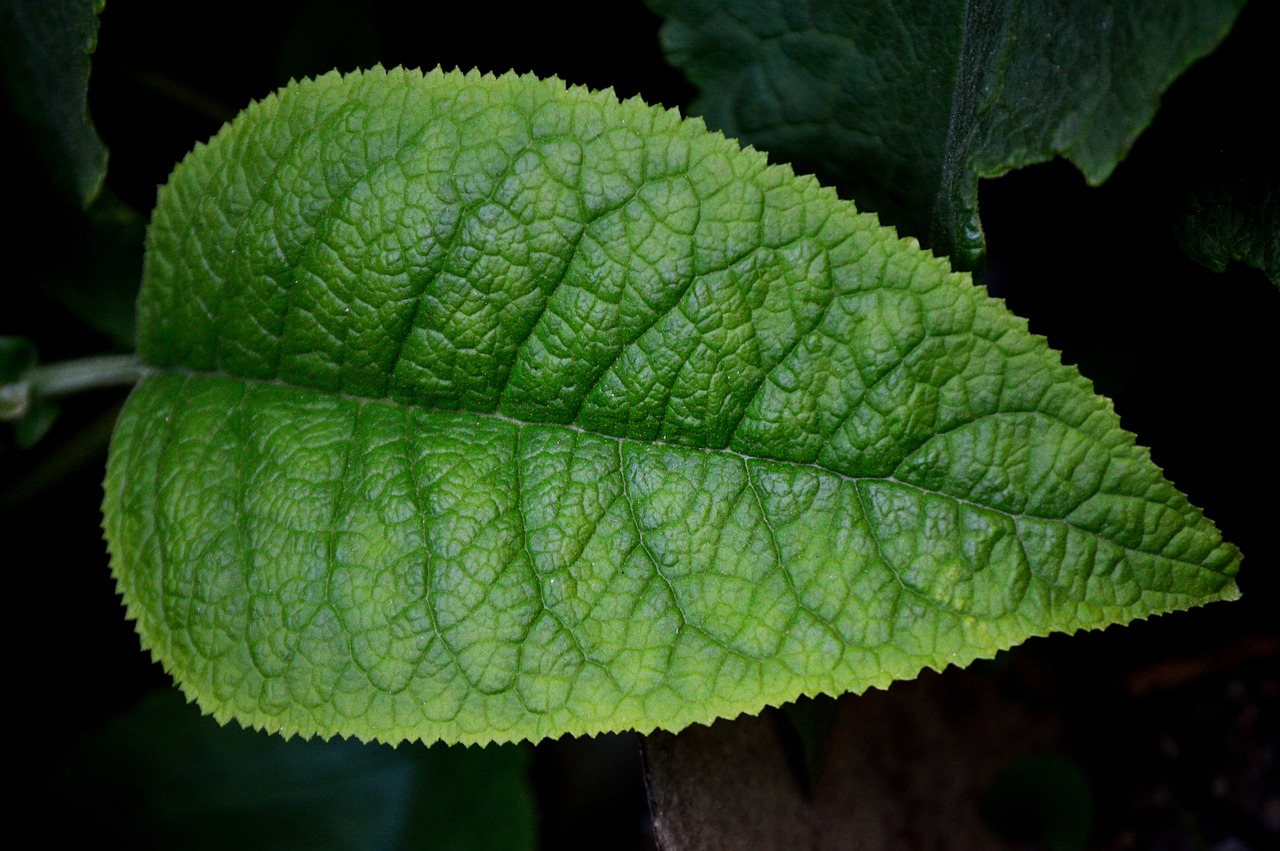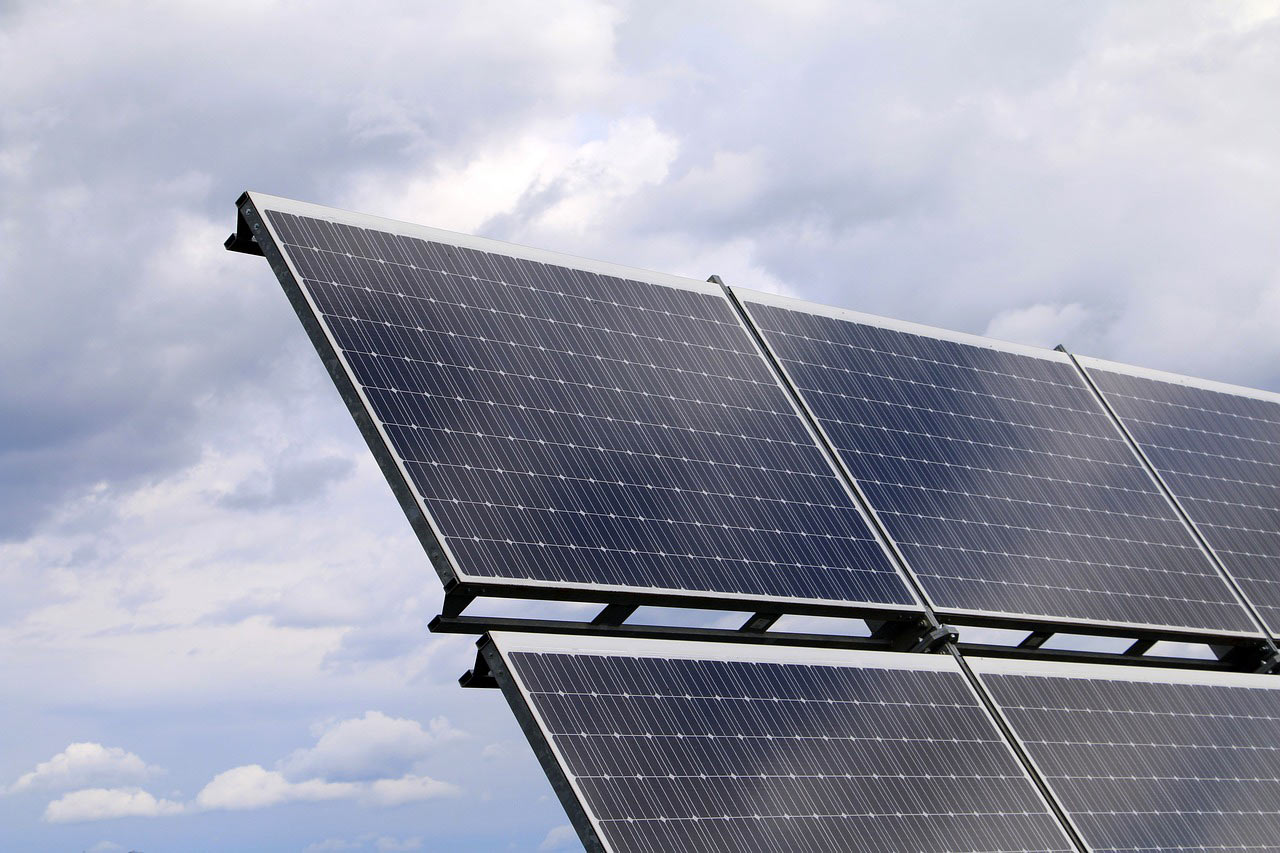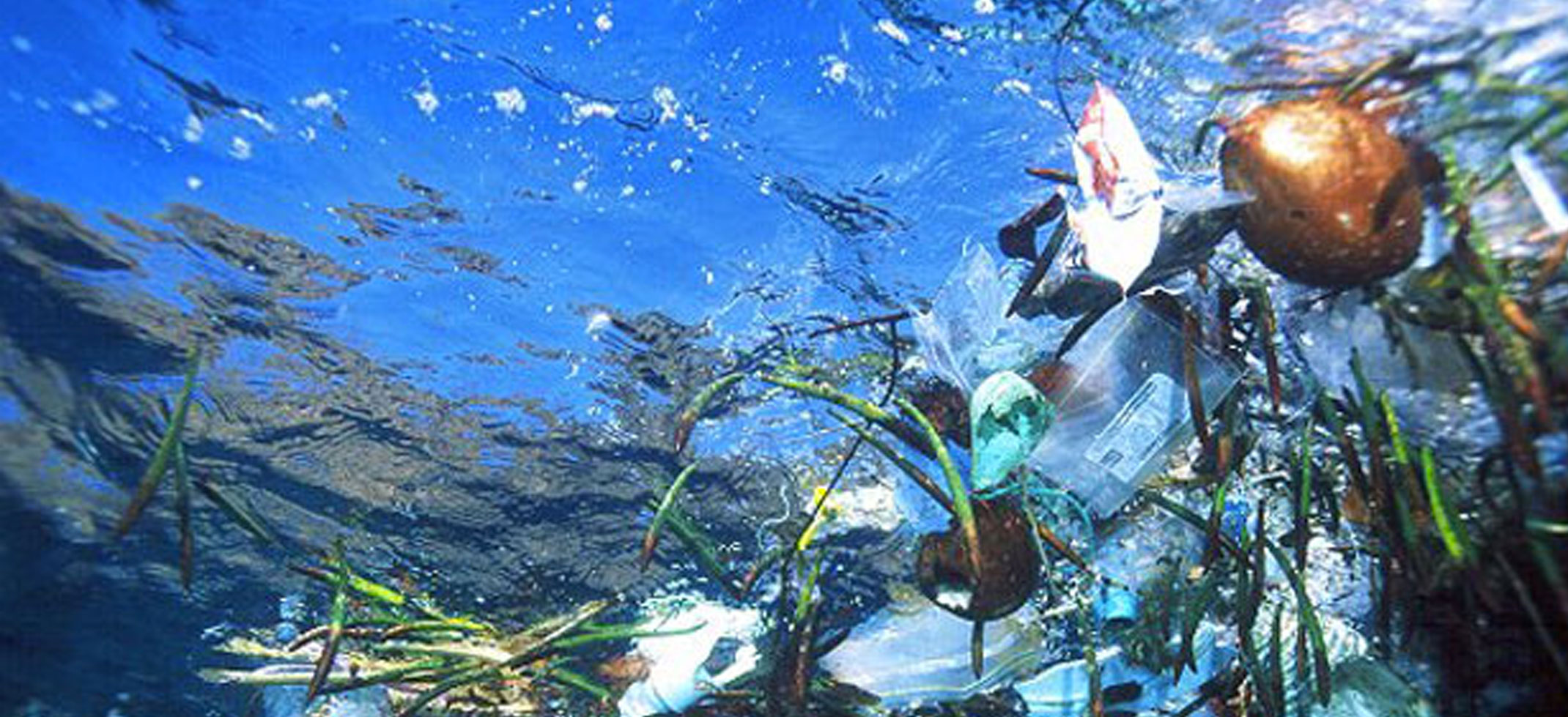Ecoalf, a Spanish SME that designs and markets high quality textile products and accessories made from recycled materials such as PET bottles, discarded fishing nests, used tyres, post-consumer coffee and post-industrial cotton, aims to expand its range to include fabrics and clothes made from marine plastic litter.
An EU-funded feasibility study, entitled UPCYCLINGTHEOCEANS, was launched to analyse the economic feasibility of this initiative, identify logistical challenges to obtaining marine plastic litter and to carry out a survey among clients and distributors to assess market reaction.
The objective is to develop production technologies using sophisticated R&D processes to recycle debris from the ocean floor, to create the first generation of recycled products form marine debris with the same quality, design and technical properties as the best non-recycled products.
In order to realise this target, the EU-funded study underlined the importance of coordinating with fishing organisations. As a result, Ecoalf has met with various industry leaders, and agreements are now in place with regional organisations in Valencia.
Indeed, reusing debris and waste from the sea will create new opportunities for SMEs and have a positive impact on the environment. Plastic – a non-biodegradable disposable material – has begun to seriously pollute oceans across the globe.
Miniscule plastic pieces have been scattered by the oceans’ currents. These micro-plastics have a structure that due to their small size, concentrate contaminants like sponges along with other chemical pollutants. This noxious material is currently not collected, while most waste caught up in nets is simply thrown back into the sea.
The environmental benefits of this initiative are not just limited to the removal of a primary source of marine pollution. The manufacturing of PET thread from recycled materials – rather than from non-renewable raw materials –means 20 % less water waste, 50 % less energy consumption and a 60% reduction in air pollution production during the production process.
Maggiori informazioni: http://www.heatexchanging.com
